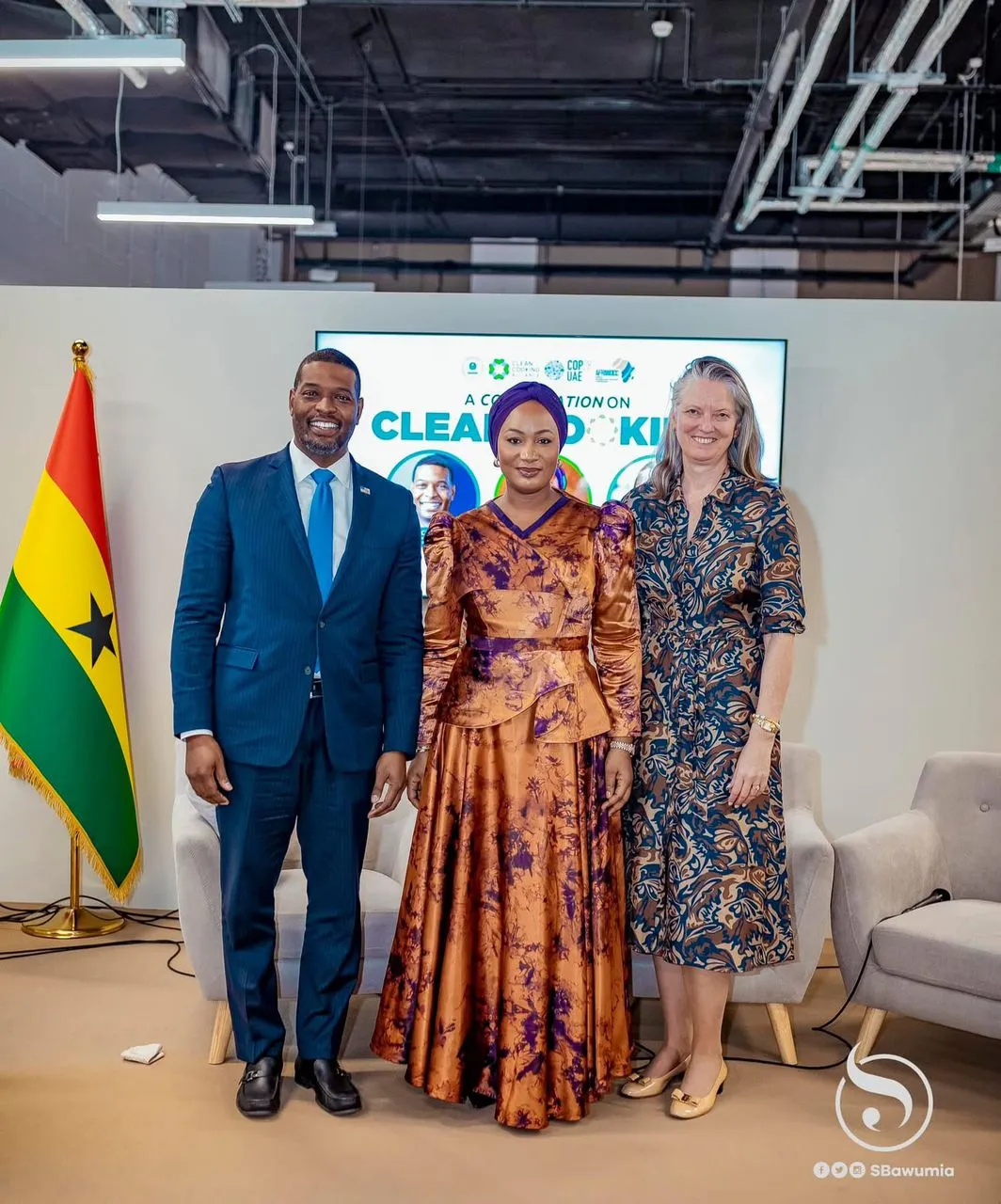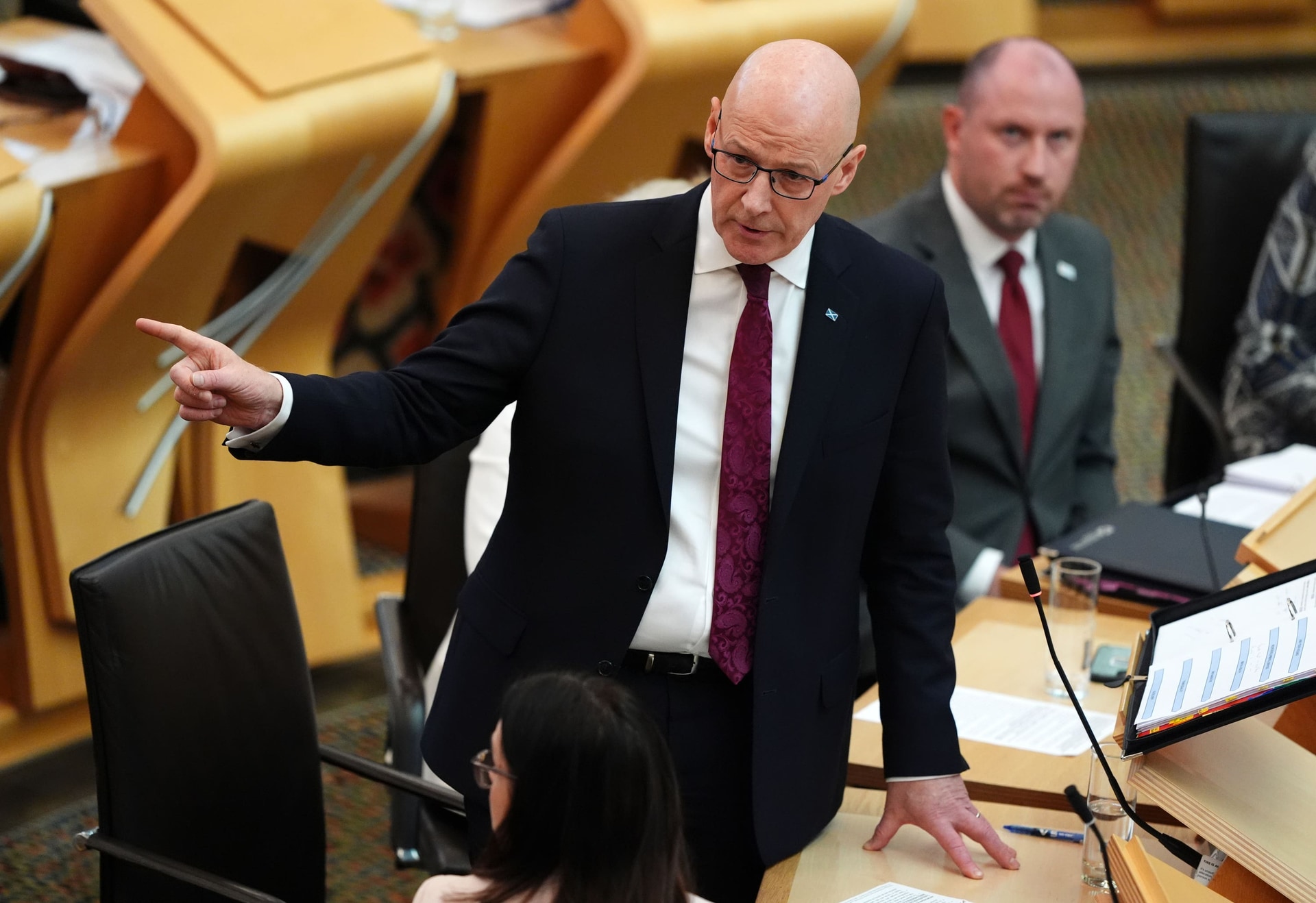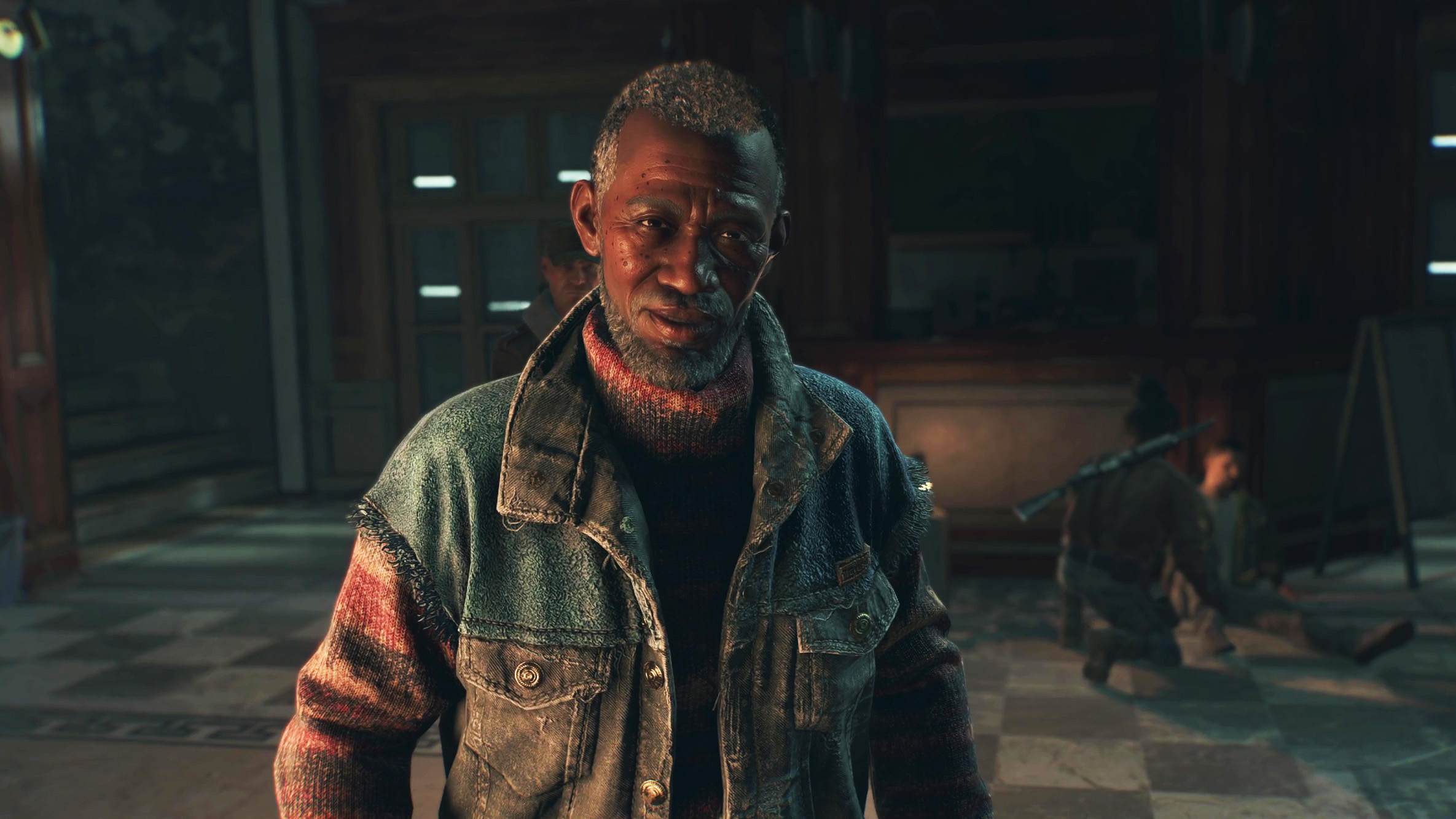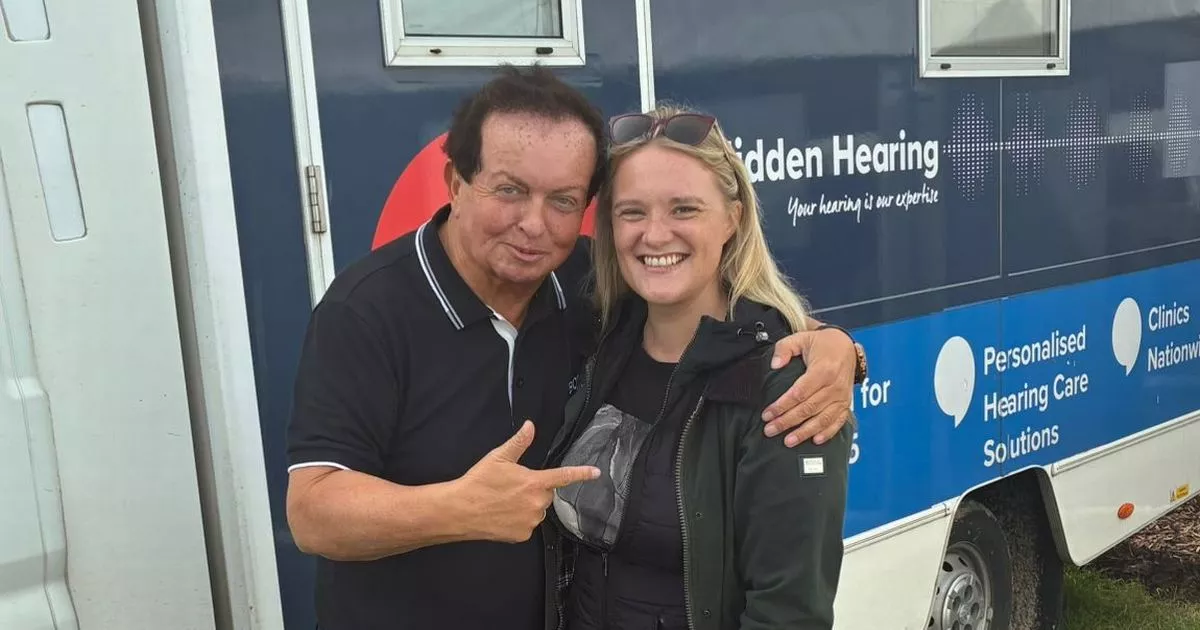By Rachael Davis
Copyright independent
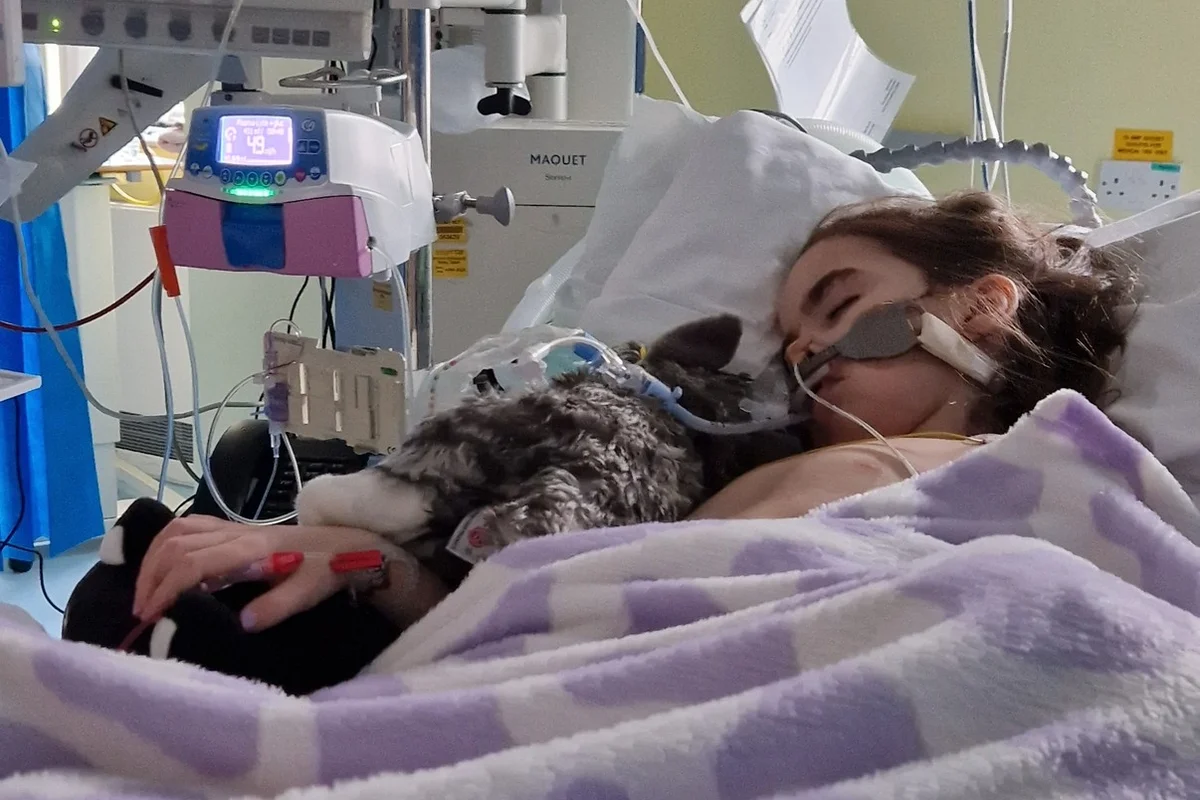
A nine-year-old girl, left paralysed from the neck down by a rare neurological condition, has returned to school and can walk with a frame thanks to specialist rehabilitation.
Georgia Wynes, from Bath, described her daughter Ivy Amos as a “happy, healthy” girl who “never had any health problems at all, her whole life” before she fell ill in February 2024.
Ivy was later diagnosed with transverse myelitis – caused by inflammation of the spinal cord – and was left paralysed from the neck down.
But thanks to a free week of specialist activity-based rehabilitation at Neurokinex, a registered charity that supports individuals living with paralysis, she is well on the road to recovery.
Now Ivy is raising money for Neurokinex and its facilities, which Georgia describes as a “lifeline”, through a social media challenge that aims to enable thousands more people with spinal cord injuries to access free sessions of rehabilitation.
Ivy’s battle began in February 2024, when she was eight. She had been poorly with what was believed to be a virus, and Georgia had taken her “back and forth” to the doctors.
However, on February 27, Ivy had a seizure at home.
“It was quite a big seizure. It went on for a long time,” Georgia said.
“She had to be flown over in an air ambulance to Bristol Children’s Hospital, where she stayed for about a week – she had viral meningitis.”
After a week, Ivy was discharged with a course of antibiotics and seemed to be making a great recovery from the meningitis. Georgia would take her into their local hospital each day for her next dose of antibiotics, but one day Georgia spotted that something “wasn’t right” with Ivy.
“I just knew in my instincts that something wasn’t right, and she was complaining of a pain in her neck,” Georgia explained.
“I begged them, there and then, and I said: ‘Please, can you check her over?’
“Ivy had an MRI scan of her brain, and everything seemed fine there. They kept us in, and within the hours, she started losing all feeling in her feet, and it was working its way up her body.
“They sent her down for another MRI scan on her spine this time, and then they realised that her whole spine was inflamed, and we got rushed back over to Bristol Children’s Hospital again.
“They diagnosed her with transverse myelitis.”
According to the NHS, transverse myelitis is a rare neurological condition caused by inflammation of the spinal cord, which damages the nerves and can leave permanent scars or lesions which interrupt communication between the spinal cord and the rest of the body.
Symptoms can include muscle weakness in the legs and arms, mobility problems, numbness and pain – and in Ivy’s case, near-total paralysis.
“Ivy was paralysed from her neck down, she couldn’t move a muscle in her body,” Georgia said.
“She was in intensive care for between nine and 10 weeks, she was ventilated, and had to have a tracheostomy.”
Once Ivy left the intensive care unit, she began having physiotherapy and soon regained sensation and movement in the top half of her body. However, she still couldn’t move her legs or walk.
“We left Bristol Children’s Hospital and got sent to Stoke Mandeville to see a spinal cord specialist – Ivy spent five weeks there and she did intense physio.”
When Ivy was discharged, Georgia felt she was “left in the deep end” with continuing her rehabilitation.
“We weren’t going to give up,” she said.
“We were only given, really, community physio, which was once a week, if that, and it fizzled out very quickly. They only see her now every three to six months, just once, just to see how she’s going. It’s all on you really, and what you do at home.”
However, Georgia remembered a conversation she had had with another mother whose daughter was at Stoke Mandeville Hospital with Ivy, during which she had introduced Georgia to Neurokinex, a non-profit which specialises in individuals living with paralysis and offers neurological, activity-based rehabilitation to help stimulate and establish neural pathways.
“I was really intrigued,” Georgia said.
“I did a bit more research into it, and we had a free week there when we finished at Stoke Mandeville. I thought it was brilliant. I thought, ‘This is the place where Ivy needs to go’.
“They just knew so much about Ivy’s diagnosis, and I just knew this was the place that was going to help Ivy the most. So our journey began at Neurokinex, and we’re still there to this day.”
In November 2024, Ivy was able to get a free week of rehabilitation through Neurokinex’s Step Up Scheme, which provides six one-hour sessions to individuals who have been diagnosed with a spinal cord injury in the last year, for free.
Instead of being paid for by the participant, the Step Up Scheme sessions are funded by donations and Neurokinex’s fundraising missions.
Now Ivy does two one-hour sessions per week – during which the schoolgirl says she “plays a lot of games” as part of her rehabilitation, including “Taylor Swift quizzes”, which she loves – but Georgia hopes to be able to increase the amount of time Ivy attends Neurokinex’s Bristol clinic when finances allow, since it is so beneficial to her recovery.
“I just feel like Neurokinex has been another lifeline for us,” she said.
“There aren’t many places out there like them, and I feel like they’ve given us the hope that we’ve all needed, for Ivy as well. They make her feel so welcome, and we feel like it’s a bit of a second home there, and she’s always so happy to go … They’re just amazing people.”
Ivy can now walk with a frame, and she has just started Year 5 at school, gradually regaining independence as she improves her mobility. Without Neurokinex’s Step Up Scheme, however, Georgia is not sure if she would have made the same progress.
Ivy is now taking part in the annual Neurokinex Step Up challenge, which raises funds to offer people across the country free sessions at Neurokinex clinics to support their recovery.
This year’s social media challenge is titled #TopBinsSmallWins, and people of all ages and abilities are invited to film a trick shot into a bin, nominate three friends, and donate what they can to the Neurokinex Charitable Trust.
“You can use any ball you want … you just have to try and shoot your shot, but make it challenging, into a bin,” Georgia explained.
“Ivy’s trying at the moment with standing up on a frame, because that’s more challenging for her … trying to shoot her ball into the bin.”
The goal, Georgia said, is “to raise £50,000”.
“That will help so many people be able to have that free week and really get to feel how Neurokinex is so amazing.”
To find out more about the challenge, visit neurokinex.org/top-bins-small-wins/. To donate head to donate.neurokinex.org/donate.
